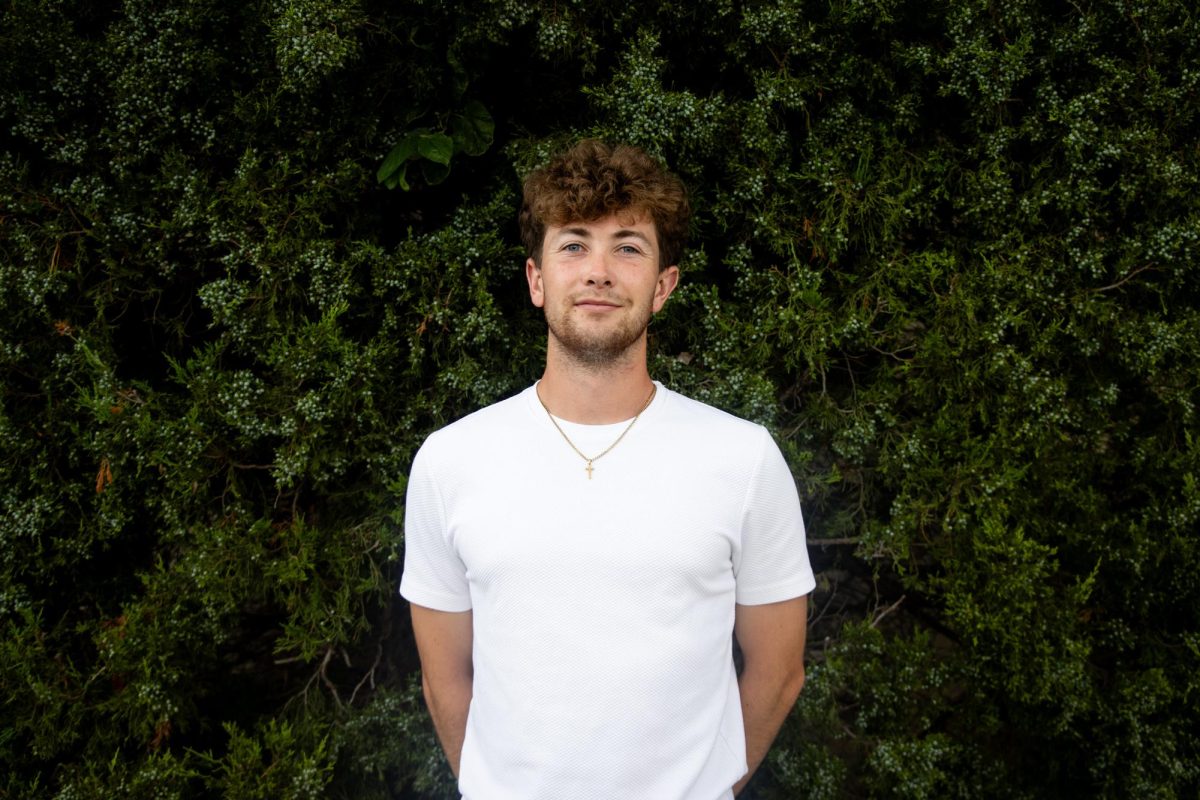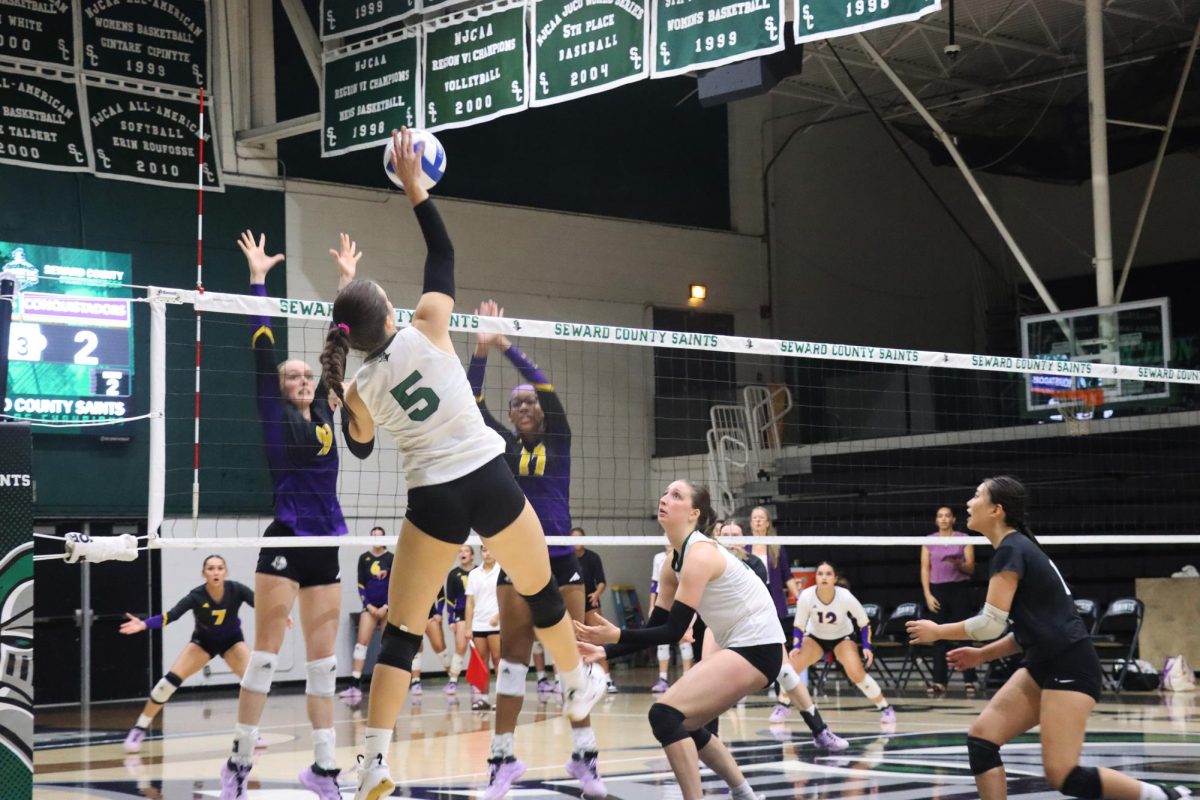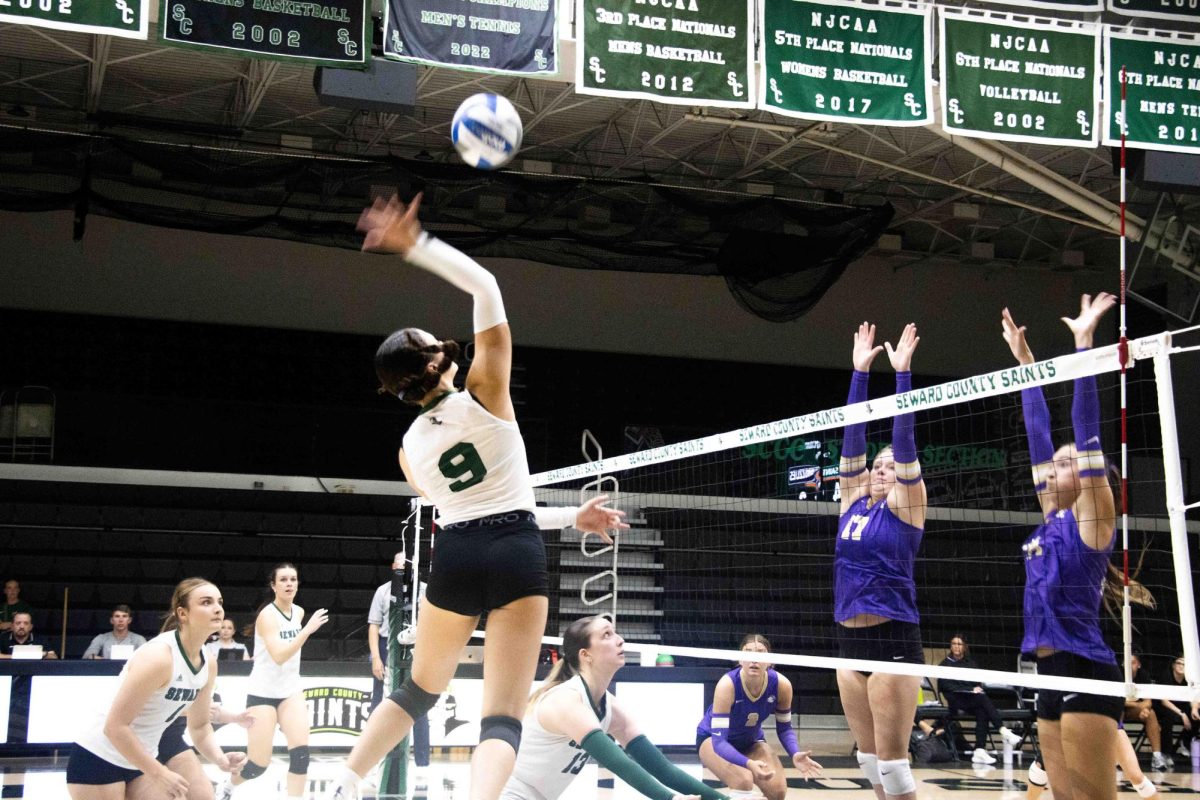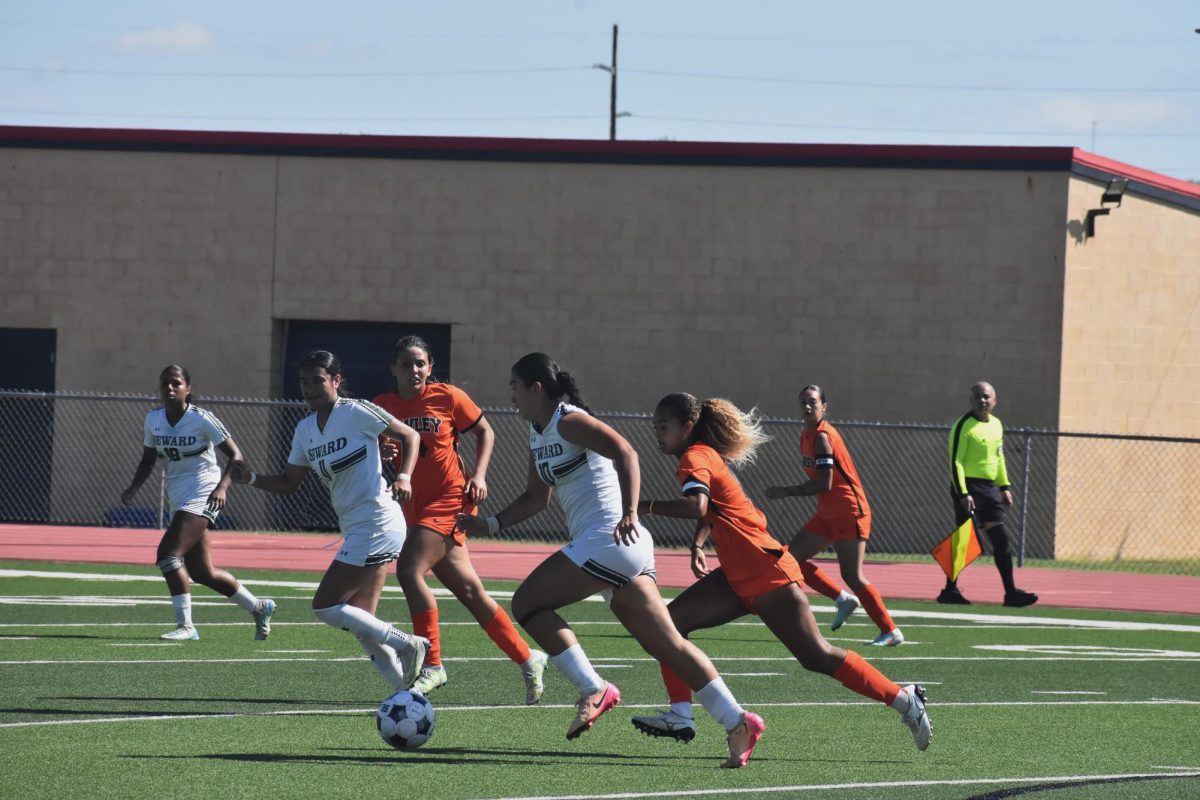COVID-19: How to stay safe as a student
September 4, 2020
It has been six months since everything was officially shut down due to Covid-19 (Coronavirus). In that period, normal life has changed. New procedures are in place for the safety of the immune weak and the safety of the healthy.
By taking a few steps, students can help prevent the spread and panic often associated with the virus:
1. Report any cases to the Seward County Community College’s COVID-check-in.
If you have tested positive for Covid-19 it should be reported directly to [email protected]. If you have symptoms but haven’t been tested, report to [email protected] and get tested as soon as possible. It is important that the staff of SCCC know of possible and real cases to ensure the safety of every student.
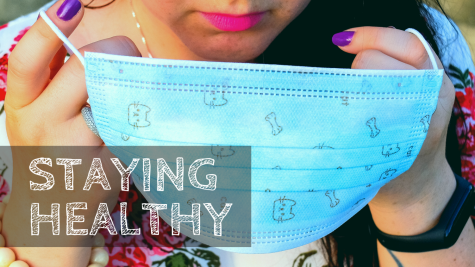
2. Masks
Covid-19 is a respiratory disease that can be spread through respiratory droplets from someone infected. The number one way to avoid those droplets is to wear a mask. The CDC, Centers for Disease Control and prevention, advises that a mask has two or more layers of breathable fabric and fits snugly against the sides of your face so there are no gaps. When wearing a mask ensure that your nose and mouth are completely covered. When handling your mask you should wash your hands before you put it on and after you take it off. You should wash your masks regularly, which can be done along with your regular laundry.
3. Washing hands
Covid-19 can also be spread through certain surfaces. This means you should limit the things you touch in public. Wearing gloves will not help in this prevention. You should only wear gloves when you are disinfecting or caring for someone.
To prevent spreading through touch it is recommended to consistently wash your hands. Not a quick rinse, but a wash. Use warm water and soap. Sing the ABC’s twice for the duration of washing your hands. If you cannot wash your hands use an Alcohol-based hand sanitizer with at least 60% Alcohol.
4. Social Distancing
When someone speaks there are respiratory particles that are pushed out of their mouth. These are the same ones that can transfer the disease. If you maintain a social distance of 6-feet (two arms worth) from a person, you are less likely to come in contact with these particles. This along with other preventions work hand-in-hand.
5. Vitamins
Vitamins will not make you immune to Covid-19. However, they will boost your immune system. Your health needs to have vitamins within your diet. Some that are helpful include Vitamin C, which is the largest boost for immune systems, Vitamin B6, which supports the biochemical reactions within the immune system, and Vitamin E, which is an antioxidant that helps the body fight off infection. If you have a healthy immune system you are less likely to spread the disease.

Not all of these preventive steps will work and you may get infected. If this happens you should not panic. Here are some things to do if you do happen to test positive:
1. Inform and Isolate
First and foremost, you must isolate yourself from anyone else including family members. Contact anyone you have been with in the past week and inform them that you have tested positive.
It is important that people know that they may be at risk. Your family or people you may be living with are a part of this group. Inform them and lock yourself in a room where you may be isolated.
2. Monitor Symptoms
It’s important that you take care of yourself in this time of illness. Keep track of your symptoms. If you don’t share any symptoms continue to monitor yourself for safety. Check your temperature every few hours. If the temperature is over 103 degrees contact your doctor. If you are having trouble breathing, persistent pain or pressure in the chest, confusion, inability to stay awake, and blueish-lips or face, contact emergency help immediately.
3. Take Care of Yourself
Just as you would treat any cold you flu you need to take care of yourself. Stay hydrated. You should have at least eight cups of fluid a day. It is also recommended that if you are ill to take over the counter medicines that will fight the symptoms. Tylenol or similar for fevers Mucinex, Sudafed, Robitussin, or Delsym for coughing and shortness of breathe.
Do not take all these medications at the same time. Check with your doctor if it would be safe to do so. Things that would also help with coughing and shortness of breath would be a humidifier, nasal rinse, chest ru b(like Vicks VapoRub), hot showers, and propping your upper body up. Taking Vitamins may also help. Things like garlic, Echinacea, and others may boost your immune system.


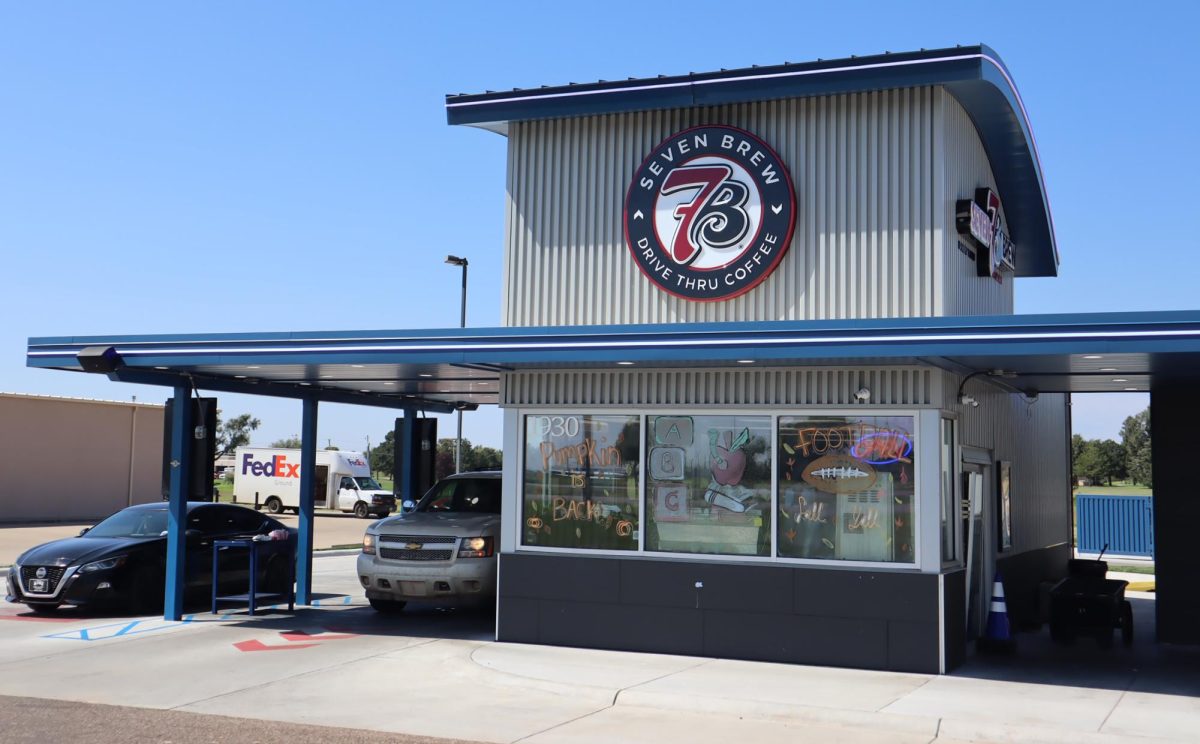


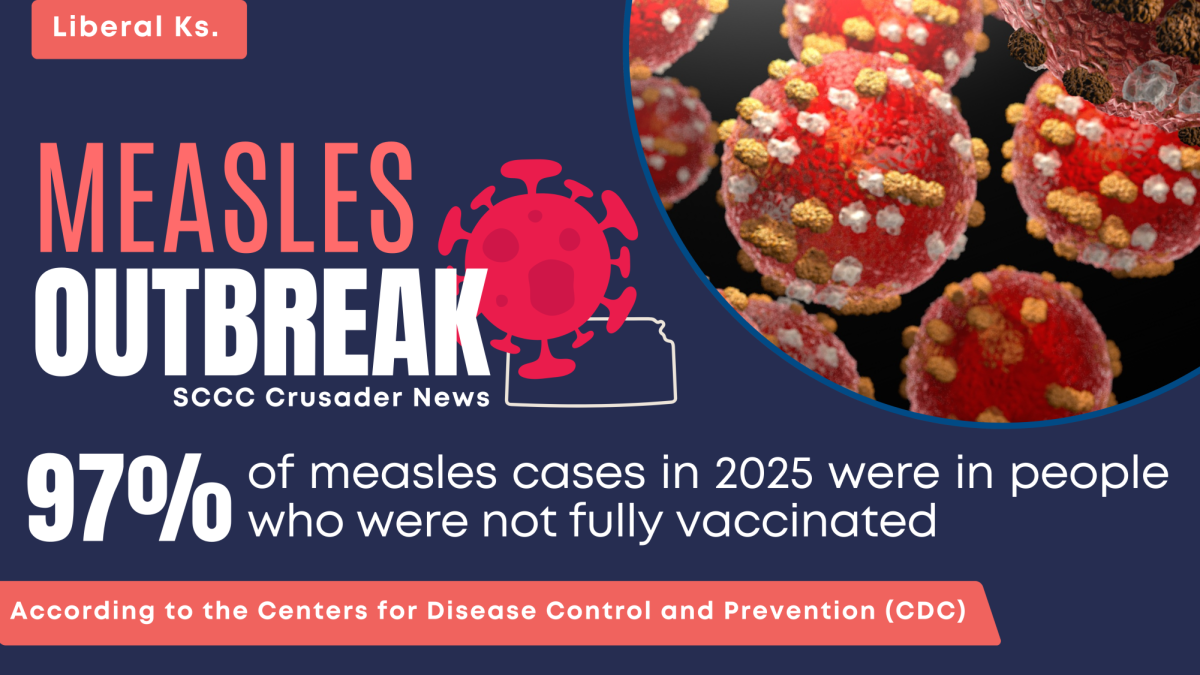








![The sophomores were recognized on the field instead of walking across the stage during their doubleheader. They received their diplomas and a picture of themselves playing during their career at Seward. [Pictured left to right are Dylan Day, Reed Thomas, Jase Schneider, Mason Martinez, Gannon Hardin, Brody Boisvert, and Zach Walker]](https://crusadernews.com/wp-content/uploads/2022/05/WEBDSC_0275-900x454.jpg)













